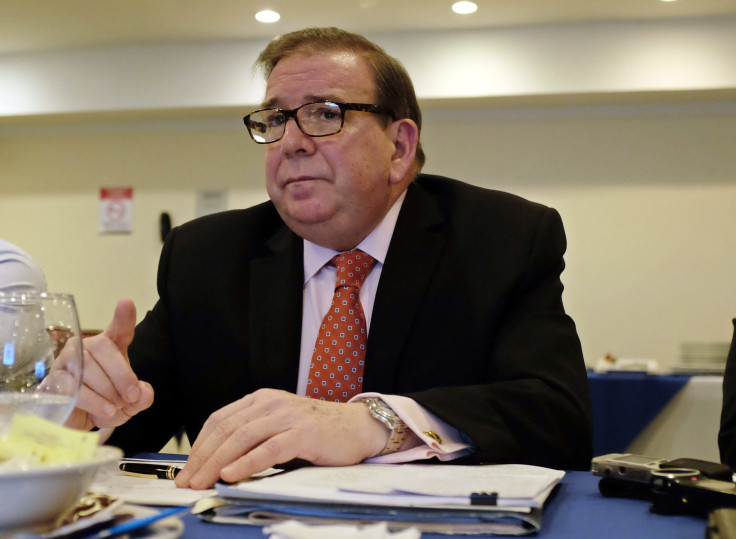
Venezuela's government-friendly Congress passed a motion to request the country's electoral body withdraw an invitation to the European Union to oversee the upcoming presidential elections.
The decision came after the EU lifted sanctions against four members of the Venezuelan National Electoral Council (CNE), when Caracas had asked all members be impacted. The EU had agreed to lift some sanctions to increase chances of freer and fairer elections, but the reaction was not the one intended.
Body president Jorge Rodríguez, one of the government's most powerful figures, called EU members "bandits," "illegitimate" and "bastards" for not complying with the country's request.
"It's not for us to make the decision, but we can give our opinion. And I think this racist, rude, insulting attitude by the European Union makes it impossible and illegal to invite them to oversee the elections. It's not our fault, we tried," Rodríguez claimed.
He went on to say the EU is biased in favor of Edmundo González Urrutia, the opposition candidate who is currently ahead in the polls, although Rodríguez called him "the candidate of the United States."
Other government figures have echoed such criticism of González Urrutia, but he currently has a commanding, 40-point lead over president Nicolás Maduro less than a month after being announced as the opposition candidate.
Concretely, González has 62% of the support compared to Maduro's 20%. Other candidates got a combined 12%. And the lead could continue growing, as only 55% of the 1,200 people surveyed knew who the opposition candidate was. The Miami Herald reported that another poll from last week already showed González already had a 20-point lead.

However, even if he wins the popular vote, a transition of power is far from guaranteed, according to experts consulted by The New York Times.
As pressures from the U.S. and abroad continue, Maduro has shown little interest in leaving his position, The Times reports. In February, he promised a large crowd of followers that he would win the election "by hook or by crook."
In fact, a new report ponders about the possibility that president Nicolás Maduro will "manufacture" an escalation with neighbor Guyana to secure his grip on power.
The report, by the Center for Strategic and International Studies, shows increased military presence by Venezuelan forces near the Essequibo, a region that is administered by Guyana but Caracas claims as its own. One scenario considered by the report discusses the possibility that Maduro engages in a "true gambit to manufacture a regional crisis in the aftermath of a stolen election."
Ultimately, if Chavez's successor does give up power, it will almost surely be as a result of negotiations with the opposition.
In fact, opposition leader María Corina Machado has argued repeatedly that her main goal is to make Maduro see that staying in power is unsustainable— that his government is running out of money, that too many Venezuelans want him out and that Chavismo is crumbling from inside. "The best option is a negotiated exit," she said in an interview, "and the later it comes, the worse it will be."
© 2024 Latin Times. All rights reserved. Do not reproduce without permission.







